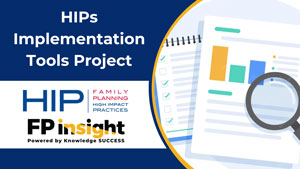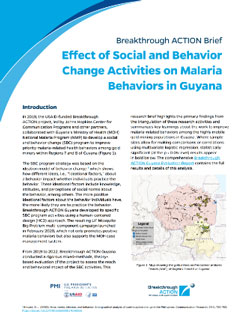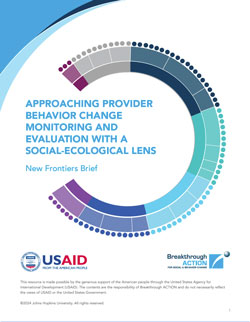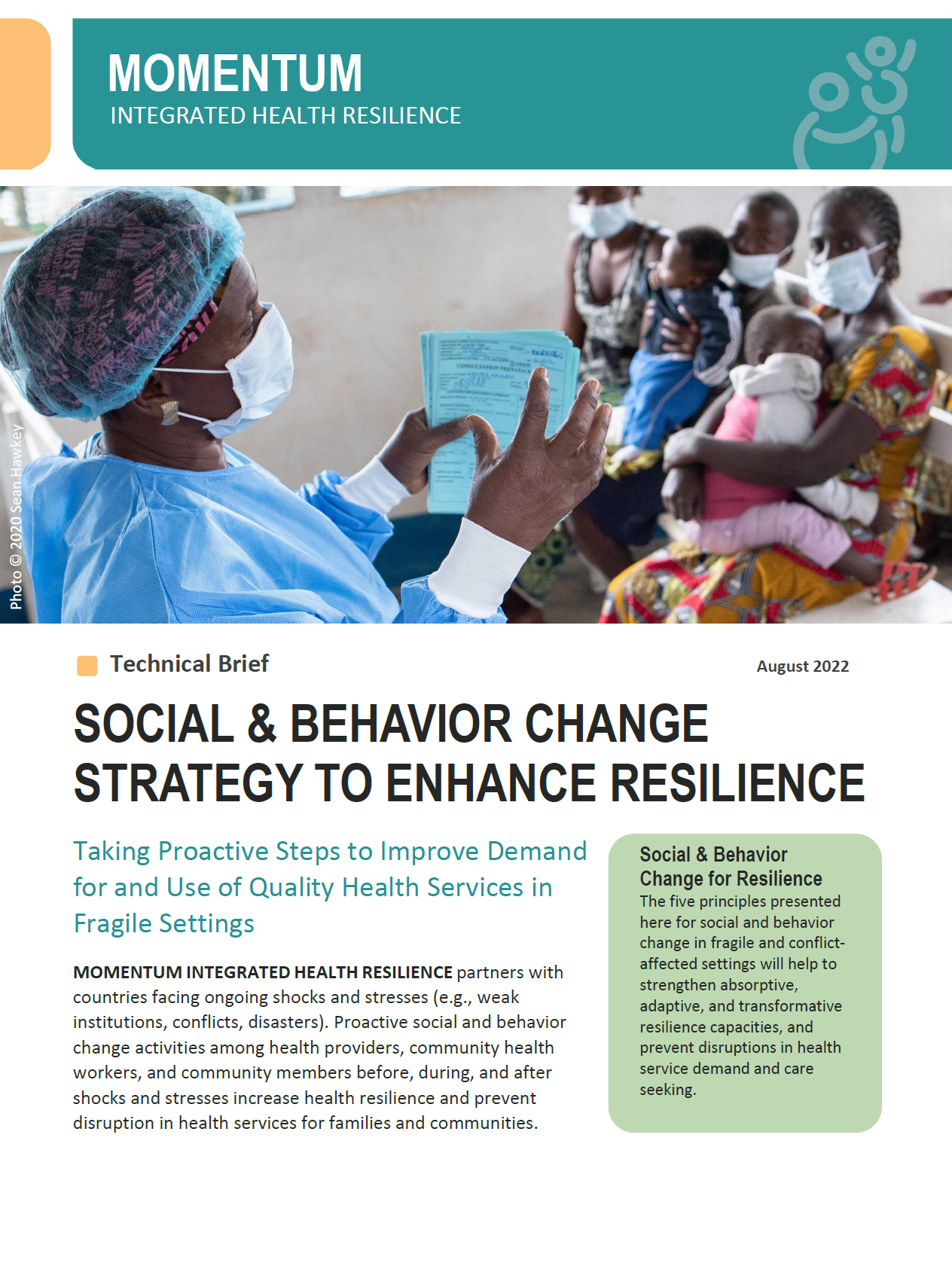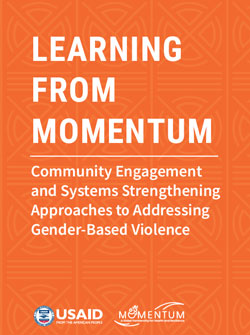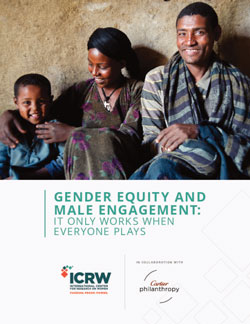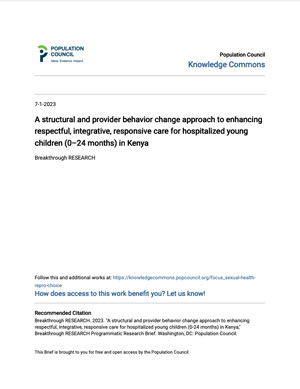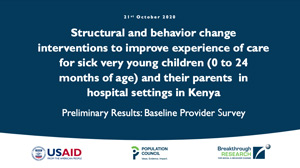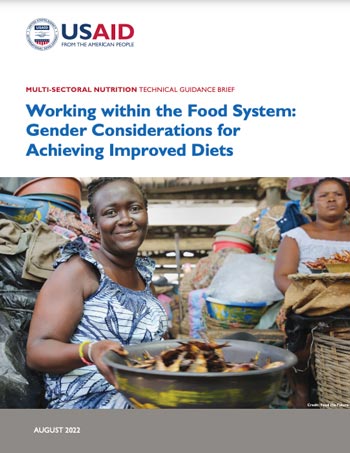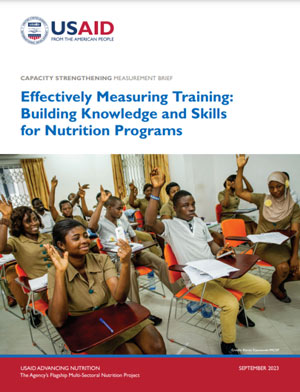HIPs Implementation Tools Project
Launched in 2022, the HIPs Implementation Tools project aims to compile crucial resources for FP/RH practitioners, that provide guidance on effectively implementing and expanding the Family Planning High Impact Practices (HIPs). Responding to the growing need for resources that not only explain the effectiveness of the family planning HIPs, but that also offer practical guidance on implementing and scaling up these practices, the project collaborated in 2023 with FP/RH technical experts and implementers. Together, they published an initial set of resource collections focused on implementing and scaling up 7 selected Service Delivery and Social and Behavior Change HIPs. In October 2024, with additional expert support, the project released a new set of resource collections covering 8 additional family planning HIPs and HIP enhancements. Within each collection, viewers can find accessible knowledge products designed to help FP/RH professionals strengthen the implementation and scale-up of these HIPs in their programming. (Un petit nombre de ressources et d’études de cas sont disponibles en français pour chaque dossier.)
Source: Johns Hopkins Center for Communication Programs
Date of Publication: November 15, 2024

